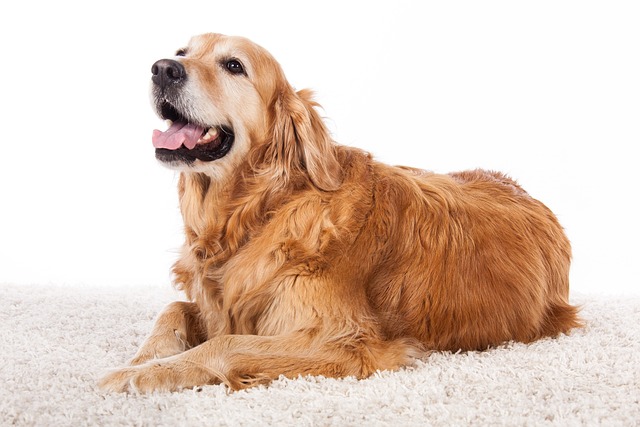
What is glaucoma in a dog?
You might notice your dog squinting more at mealtime or avoiding bright sunlight—these small changes could be early signs of a serious eye condition.
What is the best thing for dogs to chew on to clean teeth? If you’ve ever watched your 3-year-old golden retriever chomp on a tennis ball until it’s slobbery, then noticed their back teeth still look fuzzy with plaque, you know not all chews are created equal. For new dog owners in the U.S., finding something that cleans teeth and keeps them entertained feels like hitting the jackpot—no wrestling with a toothbrush required.
Chewing cleans teeth through two simple tricks: friction and saliva. When a dog gnaws on something firm but not rock-hard, the texture scrapes away soft plaque before it hardens into tartar. Plus, all that chewing revs up saliva production, and saliva is nature’s little cleaner, packed with enzymes that fight bacteria. The key is picking chews that are tough enough to scrub but gentle enough to avoid cracking teeth. Think of it like choosing a toothbrush—stiff bristles work, but you wouldn’t use a wire brush on your gums.
So, what’s top of the list? Rubber chew toys with ridges, like the classic Kong, are a vet favorite. The nubby texture digs into hard-to-reach spots between teeth, and you can stuff them with a little peanut butter (xylitol-free!) to make chewing last longer. For a natural option, raw carrot sticks (cut into 3-inch chunks) are perfect—crunchy enough to scrub, sweet enough most dogs love them, and soft enough to avoid dental damage. Dehydrated sweet potato chews (baked, not fried) are another winner; their fibrous texture acts like a natural floss as your pup gnaws. Skip cooked bones (they splinter) or hard nylon bones (too tough for most dogs)—they do more harm than good.

Here’s how to make it work: Offer a chew after meals, when plaque is softest, and let them go to town for 5-10 minutes. If your pup is new to chewing, start with short sessions—praise them like they just won a prize when they focus on the chew: “Good boy, cleaning those teeth!” Positive reinforcement turns dental care into a game, not a chore.
Now, let’s tie this to being a responsible pet parent. In every U.S. state, rabies vaccines are mandatory—keep that certificate handy, as many groomers and vets check dental health during visits. When you’re out walking post-chew, grab a poop bag; even dogs munching on veggies need their waste cleaned up, and fines in cities like Atlanta hit $125 for skipping this. Culturally, never scold if they lose interest in a chew—yelling will make them avoid it later. Instead, try a different texture (maybe a rubber toy instead of a carrot) and cheer when they take a bite. In apartments, opt for quiet chews like rubber toys over crunchy carrots at night—your upstairs neighbor won’t appreciate 9 p.m. crunching. And at the dog park, leave chews at home—they can spark fights, and good etiquette means keeping toys to your own pup.
The best chew is one your dog loves and that loves their teeth back. With the right pick, those chomping sessions will turn into sparkling smiles—and fresher breath for all those puppy kisses.

You might notice your dog squinting more at mealtime or avoiding bright sunlight—these small changes could be early signs of a serious eye condition.

Let’s set the scene: It’s a sweltering Phoenix afternoon—105°F outside—and you rushed your 2-year-old Lab mix, Cooper, on a quick walk to “get it over with.”

Let’s get real: You’re in your Miami apartment, watching your 3-year-old Corgi, Loki, struggle to climb the stairs to your second-floor unit.

Many dog owners brush off occasional scratching as just “dog behavior,” but persistent itching often signals something more—like a food allergy.

You might first notice your dog scratching more than usual—chewing at their paws until the fur looks thin, or rubbing their face against the couch nonstop.

Let’s be real: You’re standing in your Chicago apartment, watching your 3-year-old Beagle, Max, huff and puff just to climb onto the couch.